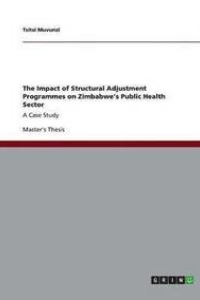
Liknande böcker
Reverse Takeover. Strategic motivation and financial performance based on a case study of the West African Mining Industry
Bok av Katharina Lehmann
Master's Thesis from the year 2013 in the subject Economics - Finance, grade: 1.3, Hamburg School of Business Administration gGmbH, language: English, abstract: The paper focuses on reverse takeover transactions which are an alternative way for a private corporation to obtain exchange listing (Floros & Shastri 2009, p.8). Besides the Initial Public Offering, a reverse takeover is classified as going public through the backdoor (Gleason, Rosenthal, Wiggins 2005, p.56). A public corporation legally acquires a private corporation but in reverse the private corporation is the acquirer for accounting purposes and takes over the majority of voting rights, the managerial control and changes the name of the newly created public entity (Gleason, Rosenthal and Wiggins 2005, p. 56; Fassnacht 2011 pp.18-20). The paper introduces the theory on reverse takeover with focus points on the SWOT analysis and the three-period decision making model by Arellano-Ostoa & Brusco (2002, pp.12-17). The literature review classifies the available descriptive and empirical researches with an emphasis on the evidently lower costs of reverse takeovers and the financial performance. The aim of the paper is to put the theory and the available literature on the term reverse takeover into context by analysis and application to a case study. The reverse takeover of Stellar Diamonds plc headquartered in London, United Kingdom, is a result of two companies both operating in the diamond mining industry in West Africa (STEL Annual Report 2010, p.4). Besides the theory and the applicable literature, the case study discusses the SWOT analysis with focus points on the operating industry, operating countries and strategic motivation as well as the three-period decision making model in practice and the financial performance during post takeover. Finally, the paper summarizes the main findings, classifies its significance, the limitations and the recommendations for further work.







